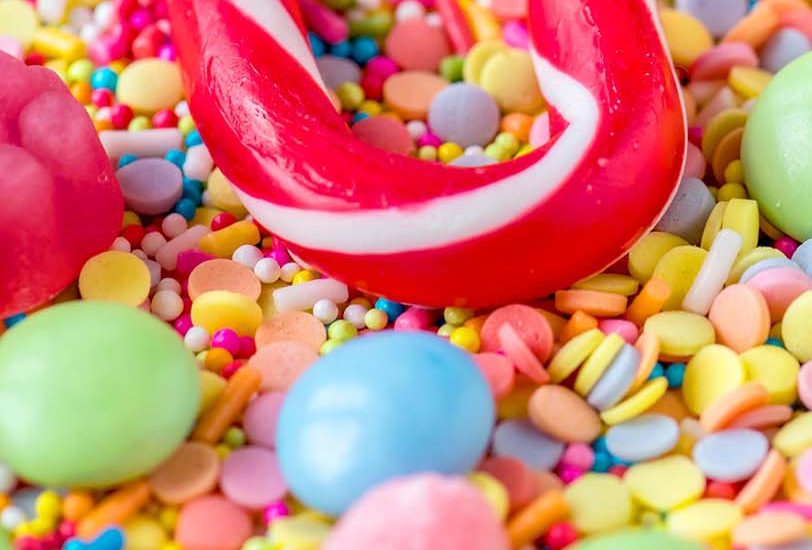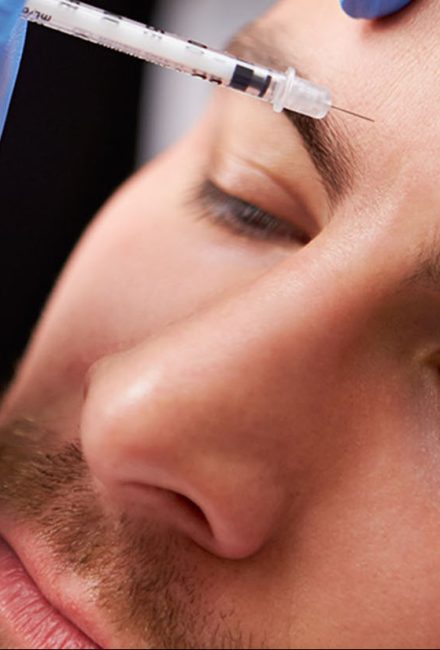Have you heard about Glycation?
Simply put, Glycation is a damaging reaction that happens in our bodies when our blood sugar levels rise. It creates inflammation, free radicals, it can make your internal organs stiff, promotes issues in your lungs, eyes, brain, increases chances of heart disease and diabetes but here’s the real clincher…it causes deep wrinkles!
I’ll bet that last one woke you up! Let’s bypass all the technical stuff, for now, I’ll stick it further down for the left-brainers. Here are some of the culprits:
Sugar…and it’s in everything, so you need to read the labels. I know it seems unrealistic to avoid sugar altogether but do what you can. Foods that convert to sugar in the blood: Pasta, bread, rice and anything made with white flour, potatoes, parsnips…all the white stuff.
Tips:
The slow cooker is your friend. Glycation in food happens when cooking at high temperatures, so grilling, deep frying, roasting, pan frying, any method that ‘browns’ food is creating glycation, yeah I know, I’m getting depressed too.
- Manufactured and junk foods are a nightmare because of the high temperature processes used to cook them.
- Try to switch to a low GI diet – this site can help: www.glycemicindex.com
- Eat protein at the start of every meal
- No fruit or sugars on an empty stomach
- Wait, there is some good news! Ice cream for dessert after a meal – not on an empty stomach is okay as the fat in the ice cream will slow down the sugar to your bloodstream. (Keep in mind we are just doing a quick scan of this issue.)
What can you do to help prevent glycation damage?
Antioxidants in your skincare!
Our picks from our clinic:
From SkinCeuticals:
Vivier:
Do your research on the best antioxidants in supplements, so far it’s looking like carnosine, benfotiamine and alpha lipoic acid are the ones to look up.
You can make a big difference in how you look, feel and age by just giving some of this a shot.
Glycation (sometimes called non-enzymatic glycosylation) is the result of the bonding of a protein or lipid molecule with a sugar molecule, such as fructose or glucose, without the controlling action of an enzyme. All blood sugars are reducing molecules. Glycation may occur either inside the body (endogenous glycation) or outside the body (exogenous glycation). Enzyme-controlled addition of sugars to protein or lipid molecules is termed glycosylation; glycation is a haphazard process that impairs the functioning of biomolecules, whereas glycosylation occurs at defined sites on the target molecule and is required in order for the molecule to function.



